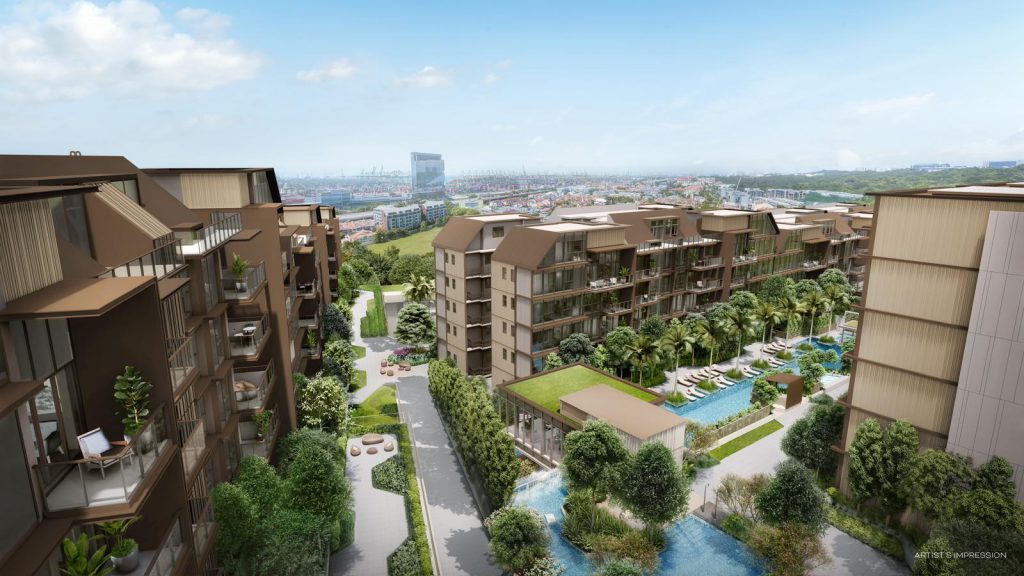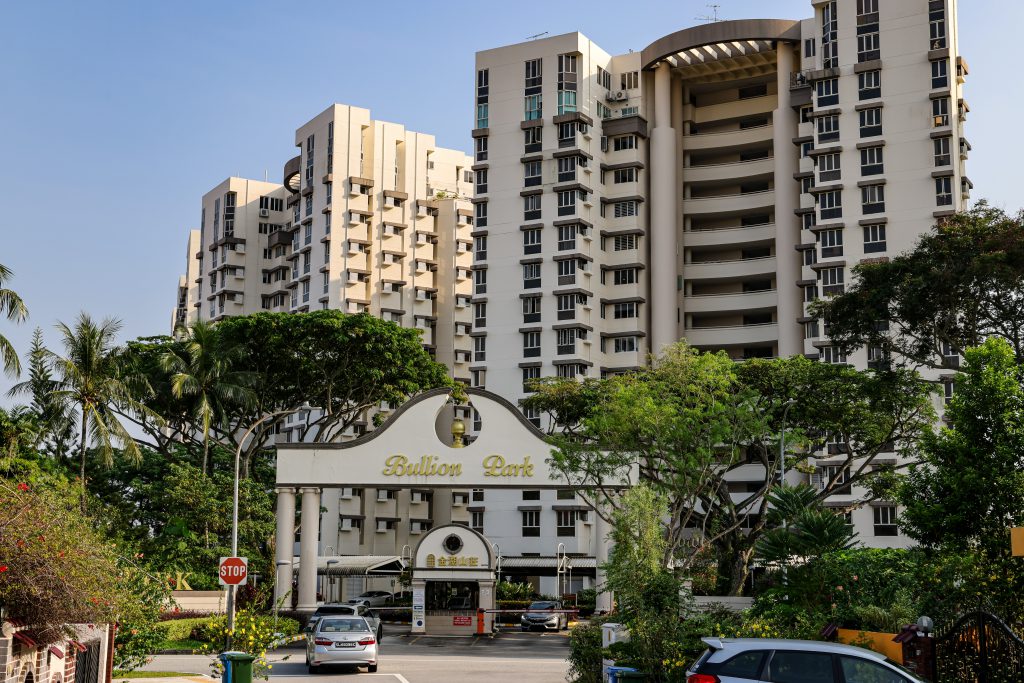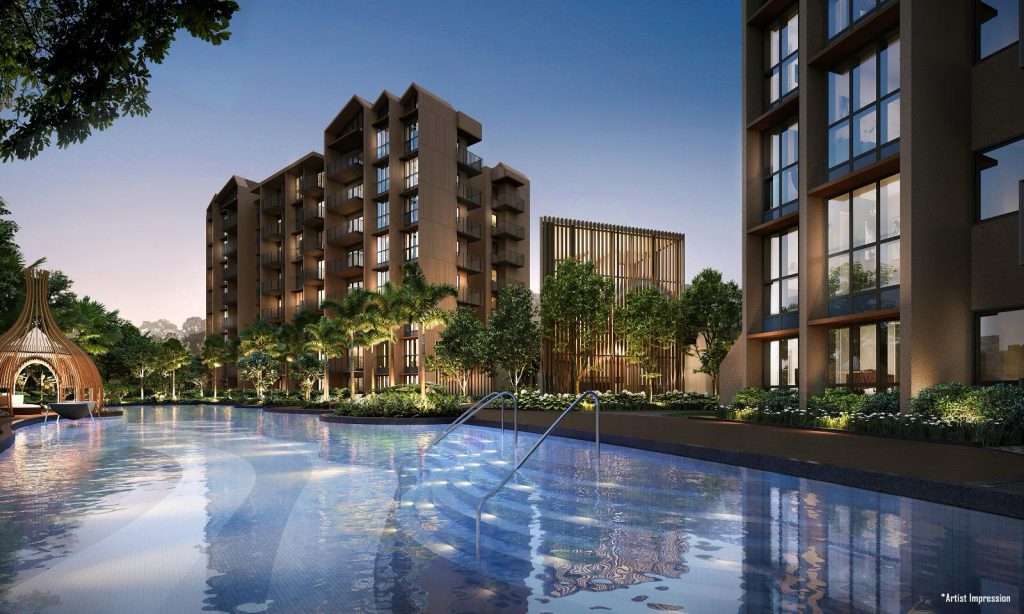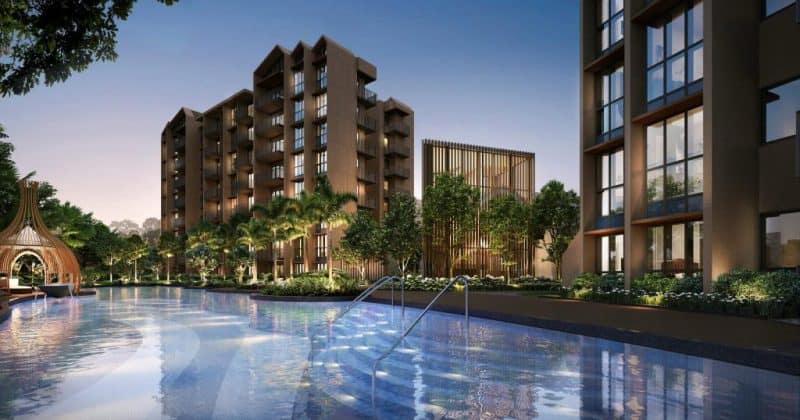Affordable Freehold Properties – Where Are These Hidden Gems?
If all Government Land Sale (GLS) sites have a 99-year leasehold (99-LH) tenure, then why are there 999-year leasehold (999-LH) or freehold developments? Freehold land parcels were last sold prior to the introduction of GLS Programme in 1967, mostly taking place before Singapore’s independence.
In land-scarce Singapore, selling residential land on a 99-year lease allows the government flexibility to reallocate land in the future, and to meet the evolving needs of society.
Freehold Land is a Rare Commodity
Currently, new freehold developments are available as property developers purchase freehold land via the collective sale of older projects. Such new projects are rare and remain highly sought after, as they are not subject to lease decay. This makes them an attractive option for buyers looking to purchase a property for their own stay, or as a legacy asset.
Given a quiet en-bloc market with an abundance of sites released in the 2024 GLS Confirmed List, new freehold condos are becoming increasingly scarce. Developers are unlikely to pay a sizable amount for a freehold site that comes with more encumbrances and costs (e.g. demolition), especially with the wide array of sites available under the GLS scheme. With a slow en-bloc market, particularly for freehold sites, there will be a dearth of new freehold units available in the near future. Only 603 freehold units are expected to be launched in the coming months.

When purchasing any property, buyers often have to face an iron triangle – a form of ‘give-and-take’ regarding the attributes of a property. In this case, the balance lies between the age of a property, its locational attributes (e.g. the availability of MRT stations), and lastly affordability. Freehold developments are often on the pricier end, which might make the ‘perfect’ freehold property more elusive to attain.
This coincides with ERA’s recently concluded My Dream Home Survey, which found that homebuyers prioritise affordability, size of the property and proximity to public transportation as key considerations for their next home purchase. Among survey participants keen on owning a private property as their next home, over 55% indicated a preference for new launches.
Where are FH condos usually located?
Freehold condos are spread across island-wide. However, there is a higher concentration of them in the city centre (e.g. Orchard, River Valley, Bukit Timah, Newton and Novena) or the city fringe (e.g. Katong, Joo Chiat, Marine Parade, Upper Bukit Timah). In line with Singapore’s urban development, these more centrally located areas were developed first, before moving outwards. Naturally, being centrally located, these developments would command higher prices.
While freehold properties are also found in suburban areas such as in Serangoon or Pasir Ris, their supply is more limited. These areas were developed much later, with land sold with leasehold tenures under the GLS programme.
Furthermore, MRT stations were also planned after the GLS Programme was introduced. Therefore, much of the land near MRT stations would have a leasehold tenure, barring those sold prior to the stations being planned.

ERA estimates approximately some 44% of non-landed homes to be of freehold or 999 leasehold status, relatively well distributed across market segments. But with the introduction of GLS program, this has helped ramped up the supply of leasehold homes, particularly in the Outside Central Region (OCR). Even though the supply of freehold units in the OCR has remained largely the same, the proportion of such homes in the region has dwindled to 28% due to the growing number of leasehold properties over time.
Table 1: Breakdown of Units by Tenure

Why do buyers prefer a new development despite the freehold tenure?
While older resale condos are typically more affordable than freehold properties in the same location, they could come with higher renovation and maintenance costs.
The older unit and development might not be well-maintained, and having outdated building designs and dreary façades could make them unappealing. Additionally, aging facilities that are under-utilized or poorly maintained due to wear and tear might be unpleasant to use or even pose safety risks.

Freehold property owners pay a premium for perpetual ownership. Unless the maintenance cost of their unit or the development becomes too high, it is unlikely that they will want to sell, whether individually or via a collective sale.
If the development’s age is a concern, or if buyers prefer a newer property, they may need to scour the market to find what they are looking for. Otherwise, they will have to pay close attention to the en-bloc market. After all, freehold developments are becoming harder to come by as the years go on.
Entry Price
Are freehold properties still affordable? Despite commanding a premium, freehold properties are still alluring to many buyers as they offer perpetual ownership. Without the threat of lease decay, freehold properties also retain their value better over time.
Chart 1: Median Price psf for Freehold vs 99-Leasehold

Furthermore, with the closing gap in prices between freehold and leasehold properties, prospective homebuyers may find freehold homes to be a more attractive purchase.
In the 2019, the median price gap between freehold and leasehold properties was 9.8%. As of 2H 2024, this has narrowed to 1.3%.
Table 2: Median Price psf of Freehold Condos in 1H 2024

There were 2,264 freehold condominium units that changed hands in 1H 2024, with the average age and price psf of unit being 14.8 years and $1,953 psf respectively.
43.0% of these transactions were for homes between 10 to 20 years old, as buyers consider the trade-off between age and affordability. The lower psf would mean buyers have a relatively newer and larger home for the same price quantum.
Chart 2: Freehold Condominium Transactions in 1H 2024

Should buyers be concerned with Freehold properties’ slower price growth?
We often see 99-LH properties outperforming freehold/999-LH property in terms of profitability. This is a result of lower frequency of freehold home transactions.
Freehold property owners are likely to be living there long term. They lack the urgency to sell them as there is no lease decay. Moreover, as the government continues to roll out 99-LH GLS sites, there are more 99-LH properties transacted which leads to more price movement. These newer developments are sold at higher prices, which leads to faster and higher price growth.
Hence, prices of freehold developments may experience more gradual growth as the proportion of transactions are comparatively lower than 99-LH developments. However, in the long term, freehold developments provide better value retention, as they are not subject to lease decay.
Conclusion
Are freehold properties right for you?
If you are willing to pay more for the freehold tenure, then you should have the intention to hold onto it for the long term. If you are looking to cash out the profits from your property after a few years (e.g. Upon new home completion or the end of the 3-year Sellers’ Stamp Duty period), then there is little difference between buying a freehold and 99-LH property.
What are my options?
There are still many opportunities in the market for new freehold developments that cater to most budgets, or locational preferences.
For value buys, you can consider Kassia in Flora Drive, with a price starting from just $1,830 psf. Those who want to be in the city fringe can consider The Arcady at Boon Keng, just a short walk from Boon Keng MRT Station. In the West Coast, Terra Hill offers a compelling proposition being nestled in a tranquil landed enclave, yet near an MRT station. The Continuum offers East-siders a mega-development, that comes with more comprehensive facilities in a popular area.

For those looking to live in a quiet and exclusive enclave, they can consider buying a boutique development. There are four new developments available, with three in the east and one in the west. Comparatively, they are priced lower than the larger freehold developments nearby.
Table 3: List of Available Freehold Developments

Disclaimer: This information is provided solely on a goodwill basis and does not relieve parties of their responsibility to verify the information from the relevant sources and/or seek appropriate advice from relevant professionals such as valuers, financial advisers, bankers and lawyers. For avoidance of doubt, ERA Realty Network and its salesperson accepts no responsibility for the accuracy, reliability and/or completeness of the information provided. Copyright in this publication is owned by ERA and this publication may not be reproduced or transmitted in any form or by any means, in whole or in part, without prior written approval.
ERA Singapore12 September 2024
Source: ERA Realty Network Pte Ltd Estate Agent License No. L3002382K

